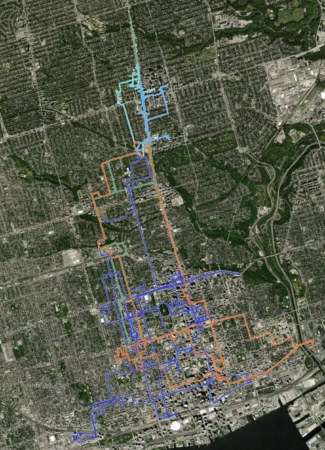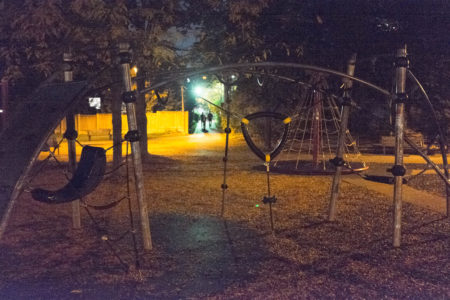Because the pay working as a food delivery cyclist is so dismal — and because ultimately I need a job with career advancement potential and the prospect of doing useful work on climate change — I am beginning another round of job research and applications tomorrow: job portals for all levels of government, universities, academic publishers, energy companies, environmental NGOs, and really anything plausible.
The search is a bit of a grim one largely because of the very specific experience requirements for nearly any position I look at. Employers mostly want to take on someone who has recently done a very similar job and can provide references to show their aptitude at it. When it comes to applicants without experience who have the potential to be good at the work, it would be risky and counter-intuitive to hire someone promising over someone proven. The kind of entry-level jobs where it is possible to get in without prior experience, and where it is also possible to advance, seem to be vanishingly rare.
The social dimensions and office politics of climate change work are also a confounding factor. Even people and organizations whose job it is to highlight the severity of the crisis don’t appreciate being reminded of that in person. The world is full of thousands of people working on one narrow aspect of the climate problem, but pulling back to consider the scale of the problem overall compared with the scale of our efforts to combat it is deeply upsetting and demoralizing: especially to the sort of mid-career professionals with young kids who occupy most of the professional positions related to climate change. Having kids makes it psychologically intolerable to recognize the depth of our catastrophe, and the natural response to someone bringing up such uncomfortable ideas is to wrap the worry-inducing person up in smooth layers like a pearl until they are silent and no longer an irritant to the normal course of business.





